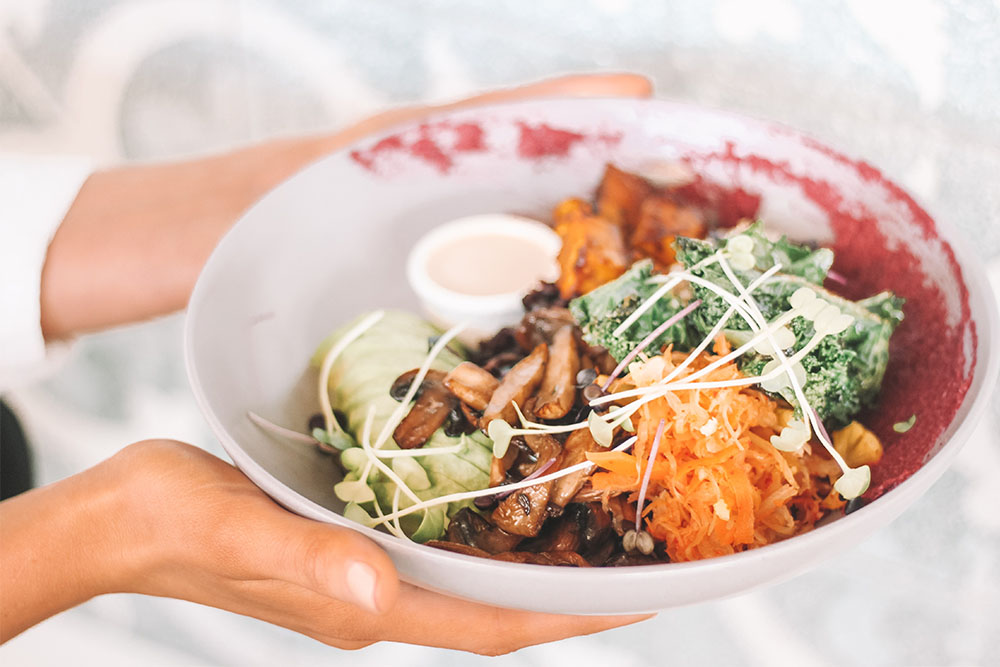The Best Way to Prevent Gut Rot During Your Workout

Alyssa Bialowas
One of the worst things that can happen to you before you start an intense workout, or worse as you’re 30 seconds into a run or a race: gut rot. Feeling pain and discomfort; it also means that your body is feeling very unresponsive to the event that you’re about to thrust yourself into.
Berdanier (2017) states that the allergen in food is usually a protein. This food protein binds with antigen-presenting protein, which includes dendritic cells found in the lymph nodes, in the epithelial cells lining the intestine, as well as in spleen and skin cells. It is important to discern between a food intolerance – which involves the digestive tract, and a food allergy – which involves the immune system. For athletes training, it is important to take note of the best way that food can energize your body and listen to what your stomach is telling you.
Gastrointestinal distress can be detrimental to your performance and to your body. Irritation and inflammation occur when the thin lining of your digestive tract becomes damaged. It is essential to avoid improper nutrition when training, preparing for a competition, and in the hours before the competition.
Related Article: Exercise & Digestive Health
Prevent gut rot before a race by abiding by the following rules:
1. Avoid things that make you gassy.
Limit the amount of high-fiber foods in your diet to eliminate gas and stomach discomfort before and during performance. Stick with foods that are low in fiber, such as rice, plain white pasta, hot oatmeal or cereal, pancakes or waffles, and crackers!
2. Avoid indigestion.
Indigestion can cause the sensation of burning in your abdomen, bloating and nausea. To limit indigestion, avoid highly acidic foods such as grains, sugars, processed foods, certain dairy products, citrus foods or soda. Limit alcohol before training and racing as alcohol may irritate your stomach lining.
Related Article: Effects of Alcohol On Your Workout
3. Get enough sleep.
Sufficient rest is extremely important as the gut cleans itself while you sleep! This is particularly essential for the brain-gut connection (our central and enteric nervous system connect, meaning the gut is intimately tied to the brain and mood).
4. Avoid cramping and nausea.
Hydration is key to high-intensity workouts and competition. Failure to adequately hydrate can mean cramping, a weak stomach, and feeling lightheaded. To avoid nausea, find the proper balance in your pre-race meal. Avoid overeating and under-eating; ingest the foods that fuel you.
Avoid taking Rolaids, Tums, Pepto Bismol or other stomach relief medications as acid reduction effects digestion. Relying on these medications to aid your digestion can cause serious health problems. Listen to your body to avoid gastrointestinal distress, and relieve distress by eliminating troublesome food components from your diet (Berdanier, 2017).
Related Article: 6 Tips to Fuel Your HIIT Nutrition Plan
Reference:
Berdanier, C. (2017). “Food sensitivity versus food allergy.” Nutrition Today, 52, 4, 174-
178.
You Might Like:












